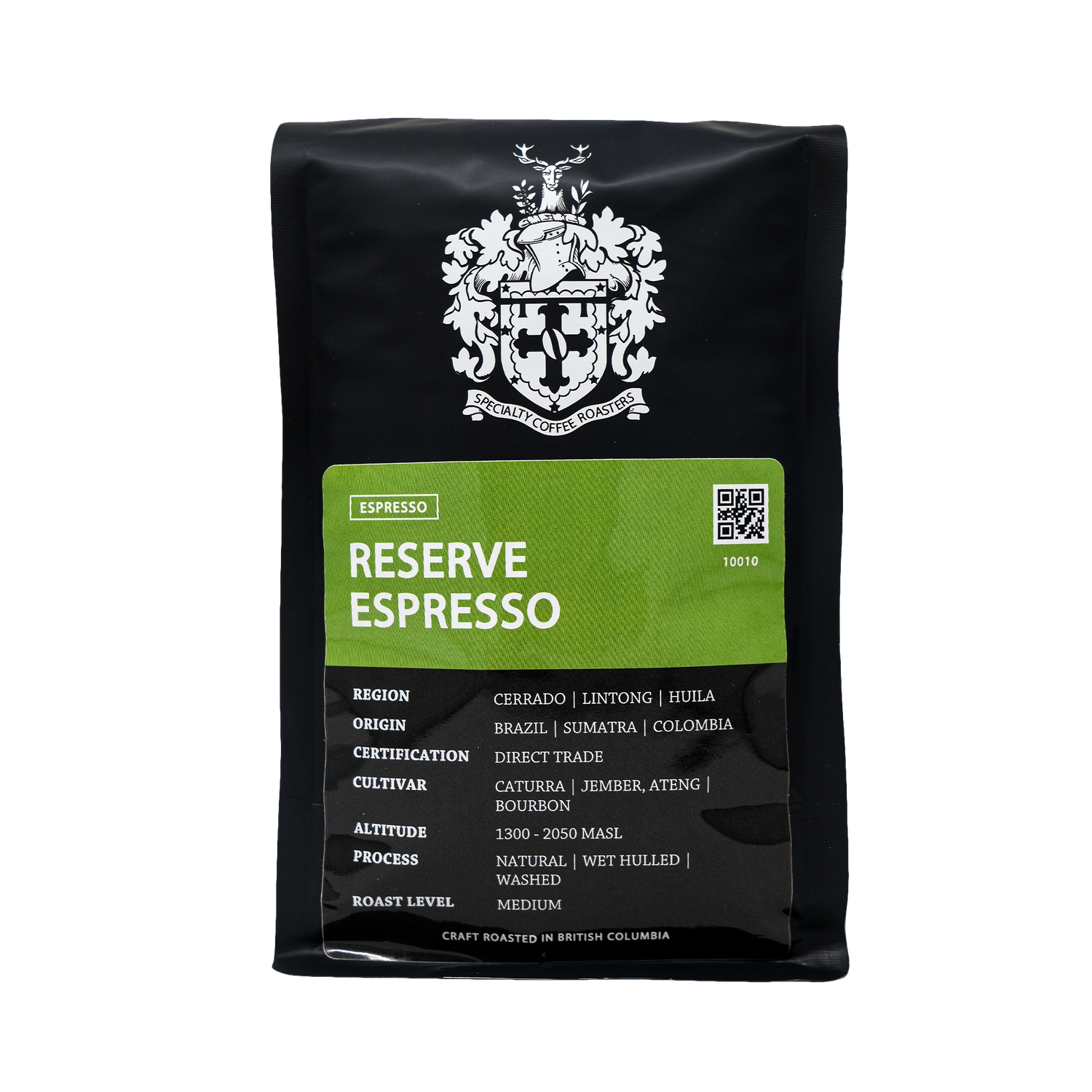For dedicated coffee lovers, the search for the perfect cup goes beyond taste, it extends to ethical sourcing, environmental impact, and sustainability. Coffee certifications play a crucial role in ensuring that your morning brew aligns with your values. But with so many labels and certifications, it can be overwhelming to decipher what they truly mean.
In this guide, we break down the most important coffee certifications, including Fair Trade, Organic, Carbon Neutral, and beyond, to help you make informed choices while enjoying your coffee.



